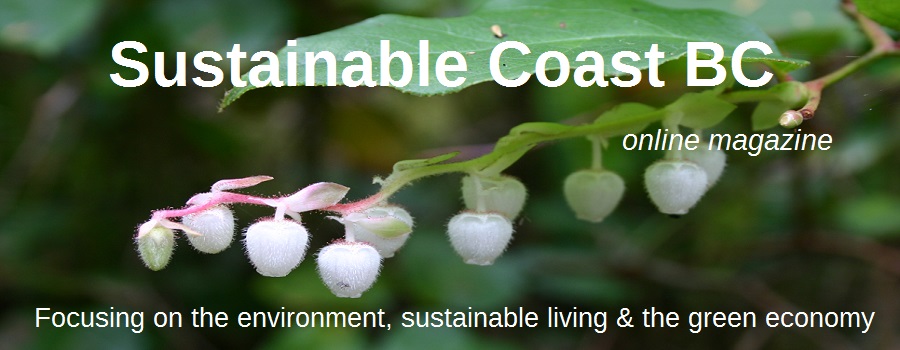News
Environmental groups are taking the federal government to court over its continued failure to meet its legal responsibilities under the Species at Risk Act to protect endangered wildlife threatened by a number of projects, including the proposed Northern Gateway pipeline and tanker route.
The case will be heard by the Federal Court in Vancouver Jan. 8 and 9.
“The federal government’s chronic delays in producing recovery strategies for Canada’s endangered wildlife are forcing species already struggling to survive to wait even longer for the protection they desperately need,” said Devon Page, Ecojustice executive director. “Worse, not having these recovery strategies in place makes it impossible for regulators to consider the full environmental impact of major projects like the Northern Gateway pipeline.”
The lawsuit challenges the federal government’s multi-year delays in producing recovery strategies for four species — the Pacific Humpback Whale, Nechako White Sturgeon, Marbled Murrelet and Southern Mountain Caribou. The habitat for all four species would be impacted by the construction and operation of the Northern Gateway pipeline, among other proposed developments.
By delaying the recovery strategies — and therefore delaying identification of the critical habitat it must then protect — the federal government is making it easier for projects like Northern Gateway pipeline to speed through regulatory review without a full understanding of their long-term impacts on these wildlife species and their habitat.
For instance, the federal government released its final recovery strategy for the Pacific Humpback Whale in October, more than four and a half years past its due date and too late for consideration by the Joint Review Panel (JRP), which recommended in December that Cabinet approve Northern Gateway. That recovery strategy identifies toxic spills and vessel traffic as two threats to the humpbacks’ survival and recovery. The recovery strategy also shows how the whales’ critical habitat overlaps significantly with the proposed tanker route for the Northern Gateway pipeline — all pertinent information that should have been considered during the review hearings.
“This recovery strategy clearly demonstrates that Northern Gateway would have a significant impact on humpback whales and their habitat, yet by the time this science was released it was too late for it to be considered by the JRP, which calls into question the credibility of the review process,” said Caitlyn Vernon, campaigns director with Sierra Club BC.
“The federal government is now required to legally protect humpback whale critical habitat by April of this year, which makes any proposal to route tankers through their north coast habitat unviable.”
The final recovery strategies for the humpbacks, white sturgeon, murrelet and caribou were at least three years overdue when the lawsuit was filed in September 2012. The weeks leading up to today’s hearing have seen the federal government release proposed recovery strategies for both the white sturgeon and murrelet; the latter was released less than 24 hours before today’s hearing.
“The federal government finally released a draft recovery plan for the Marbled Murrelet on the eve of a court hearing, more than six and a half years late,” said Gwen Barlee, policy director with the Wilderness Committee. "The Canadian government needs to take its legal responsibilities seriously and tackle its chronic delays protecting endangered species — including by preparing recovery plans for the scores of other species that continue to suffer from unlawful delays.”
More than 160 other at-risk species — including the Southern Mountain Caribou, another species that will be impacted by Northern Gateway — still await the release of their recovery strategies.
“Caribou are widely recognized as a species that will be impacted by major development projects across Canada. The federal government’s failure to have a recovery strategy in place that protects critical habitat for the Southern Mountain Caribou herds and other lesser-known species not only threatens Canada’s wildlife, but it breaks the law,” said John Bergenske, executive director of Wildsight.
Ecojustice lawyers are acting on behalf of five environmental groups in this lawsuit: the David Suzuki Foundation, Greenpeace Canada, Sierra Club BC, Wilderness Committee and Wildsight.
